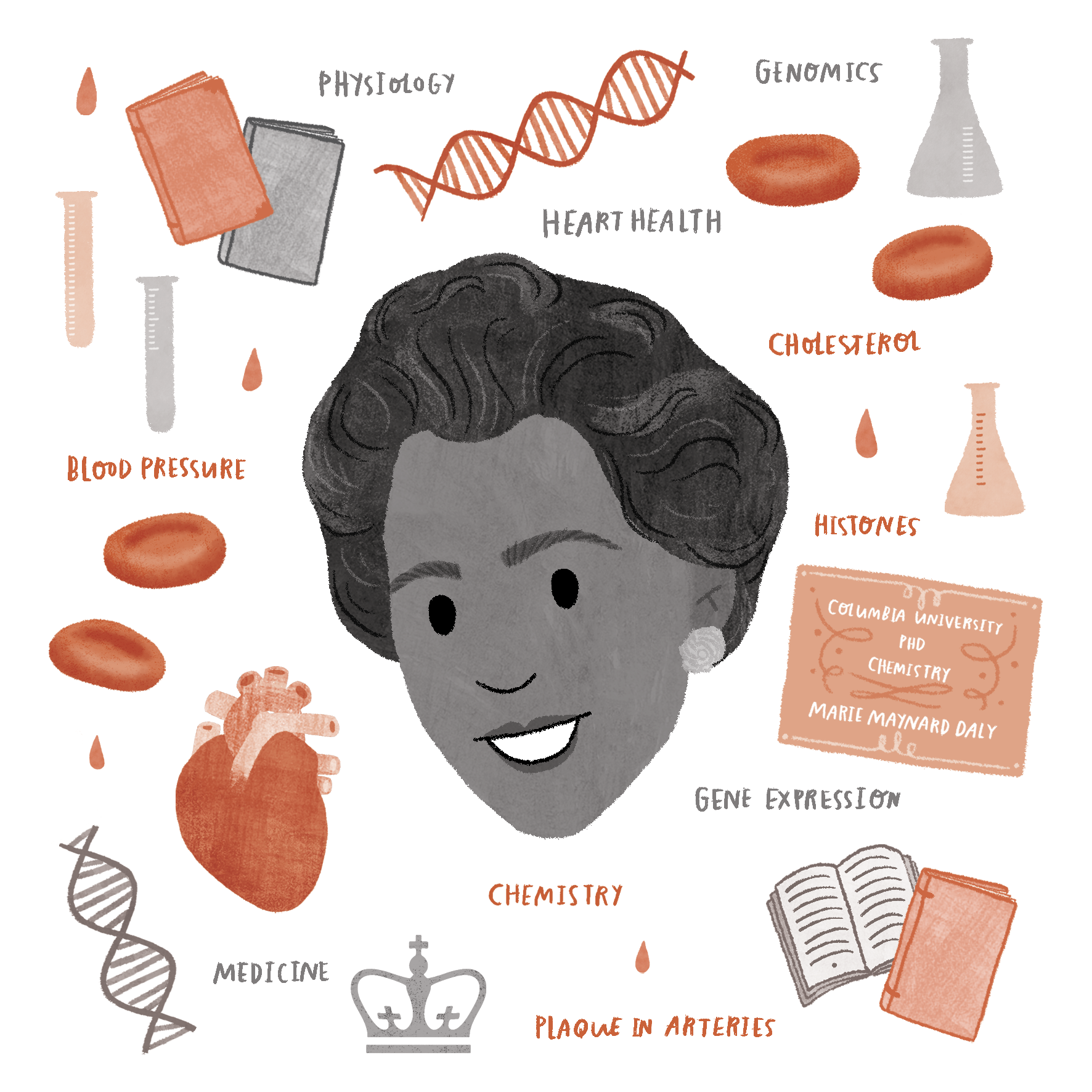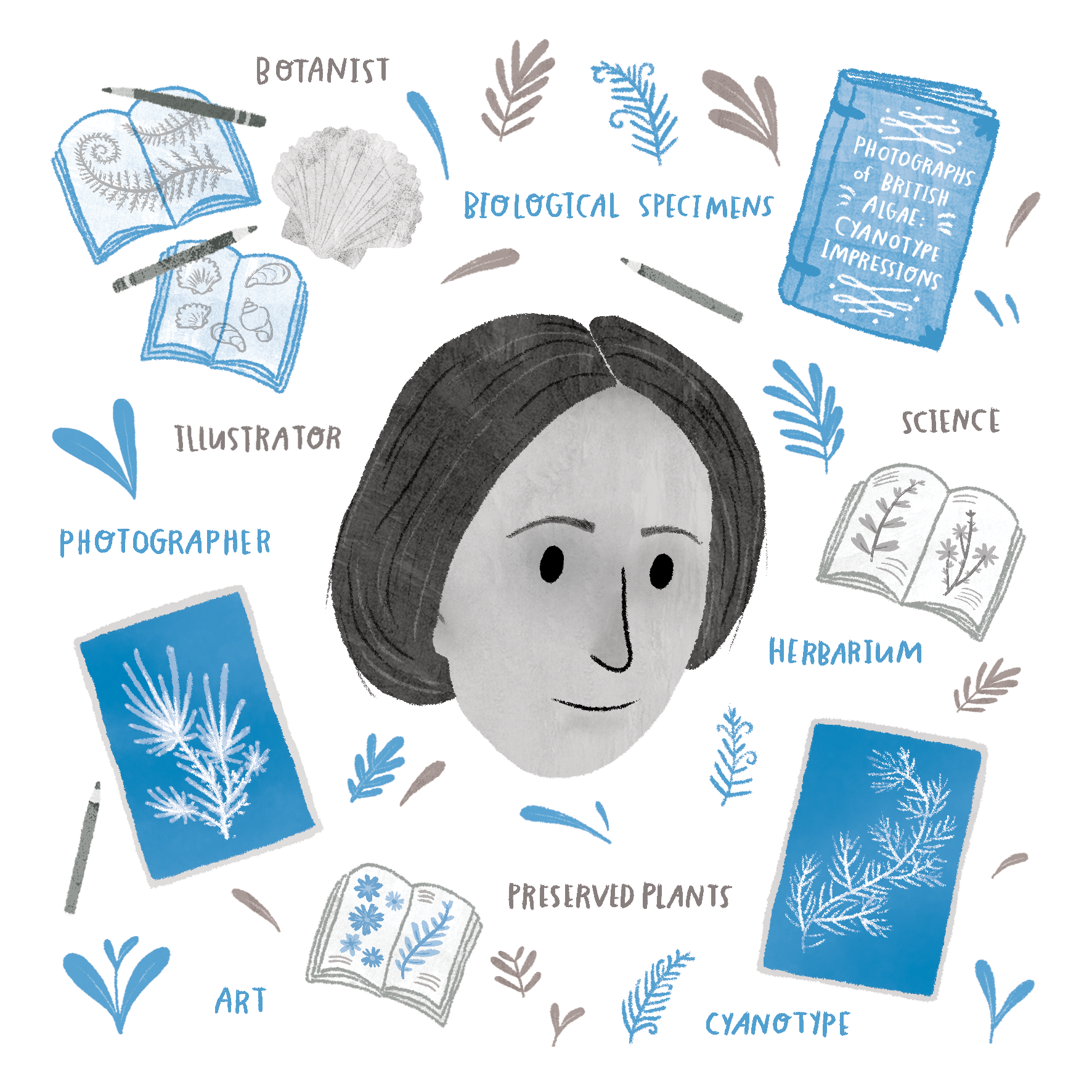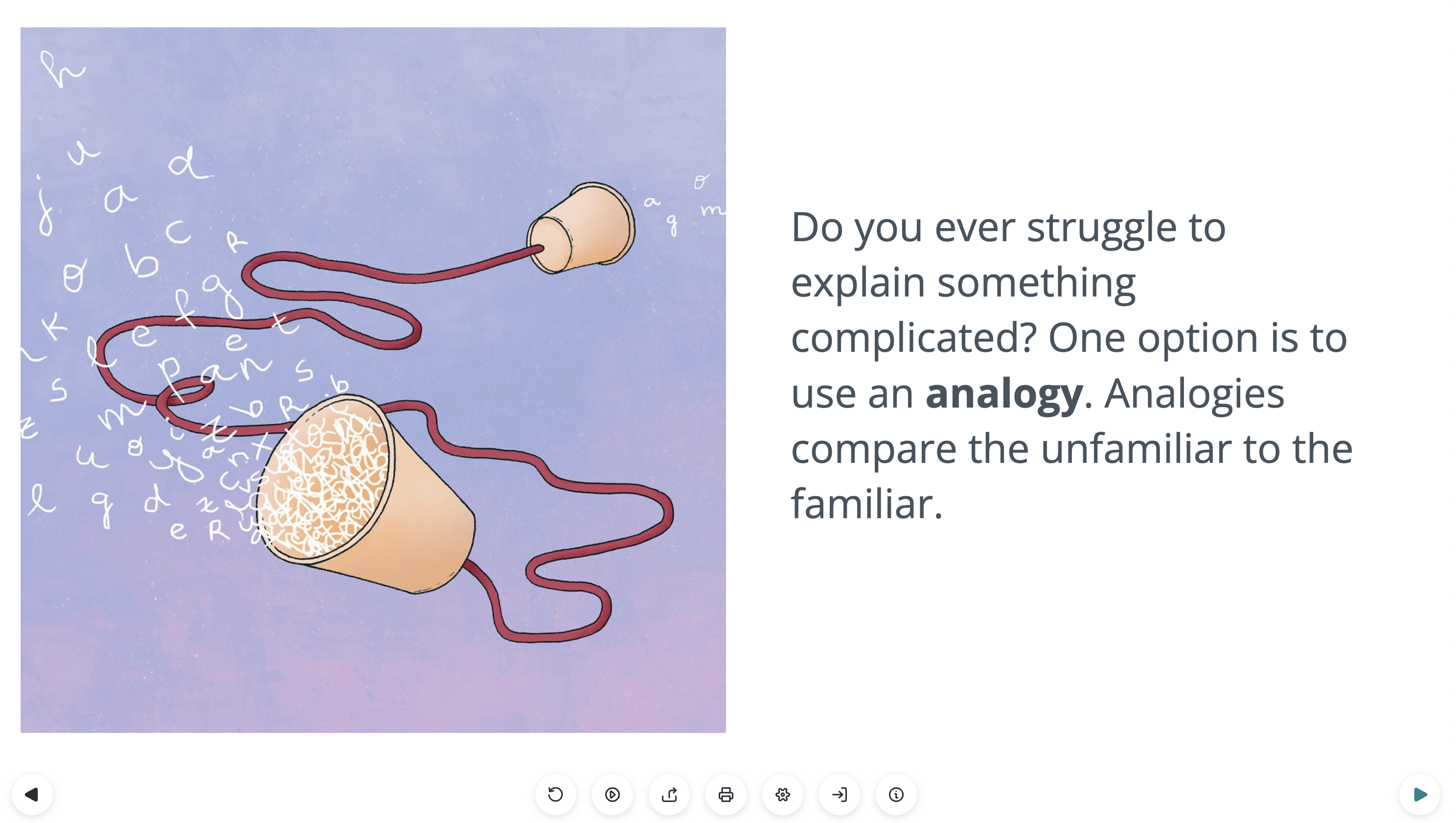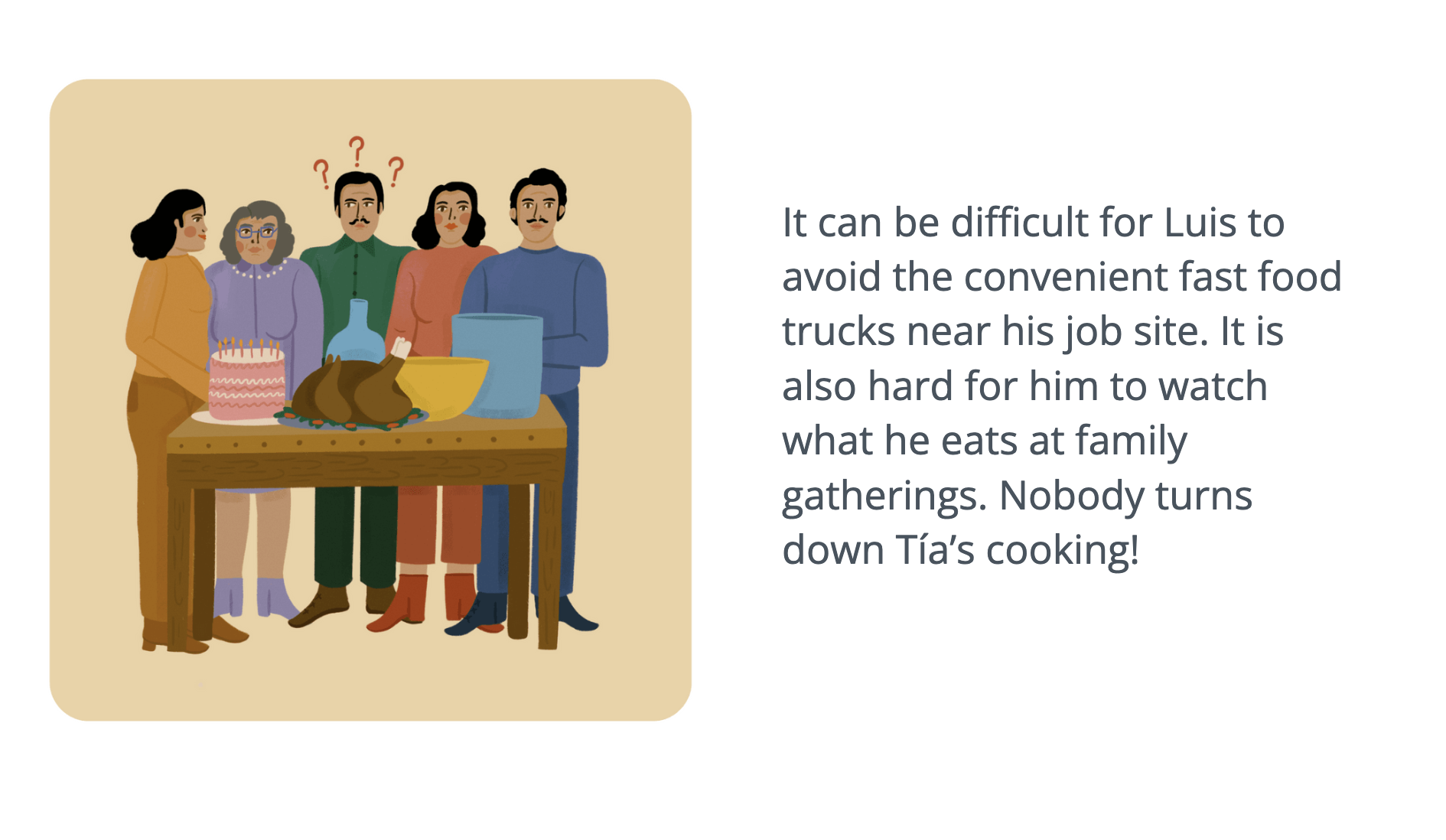
Update – This Courseathon has been canceled due to changing priorities at LifeOmic. Thank you for your interest!
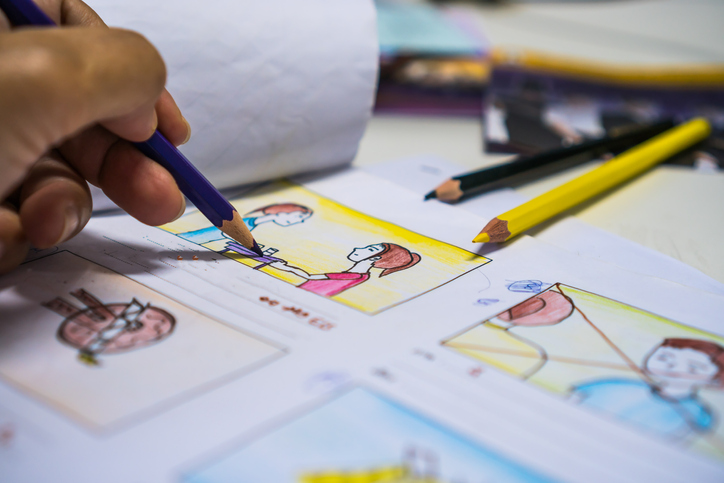
Health literacy refers to the ability of a person to obtain, understand and act on health information. Much of the population is considered to have low levels of health literacy. This month observes the importance of health literacy and serves as a time when people can work together to expand the mission of health literacy.
There is a specific growing need for people to be health literate on aspects of mental health. This is especially true in the aftermath of the COVID-19 pandemic. The pandemic significantly and negatively impacted people’s mental health. Anxiety and depressive disorders rose by more than 25% during the first year of the pandemic.
“A great number of people have reported psychological distress and symptoms of depression, anxiety or post-traumatic stress. And there have been worrying signs of more widespread suicidal thoughts and behaviours, including among health care workers.” – World Health Org
This month, we are observing, celebrating, and encouraging the awareness of the need for mental health literacy action. We hope to do this by encouraging you to collaboratively create visual stories to promote mental health, in the form of accessible, approachable and science-backed Lifeology courses. Lifeology wouldn’t exist without the experts, storytellers and artists in our Community. We’d like to empower you and other members of our community to create your own Lifeology-powered courses that you can submit to the Lifeology Library!

Getting started is as easy as 1, 2, 3!
1. Come up with and outline an idea for a Lifeology-powered course about an aspect of mental health.
We encourage you to pitch your idea to us for feedback. We encourage courses that are relevant to our target audiences including at-risk populations, young adults and health care workers. Get started with our course writing guidelines and template either by yourself or together with an artist!
2. Create and Submit your course!
You can create and submit your course as either a) a course script in a storyboard format with visual notes or sketches in a Google doc (template here), or b) a link to a fully developed and completed course, complete with full detail color illustrations, published with the Lifeology Builder!
Be sure to read our Lifeology Course Submission Terms and Conditions before submitting your work. If you do not agree with these Terms, please do not submit your work.
3. We will let you know if your course is a good fit for the Lifeology Library!
If your course is a good fit for the Lifeology Library and meets our standards, we will pay you $200 for the course script and $800 for the course illustrations for a 20-card course, or $1,000 total for a complete course complete with text and full detail color illustrations.
Before accepting your course, we may ask for copy-edits or other changes to the script or illustrations and tweaks to visuals for accuracy, accessibility and inclusion. For this reason, you might consider submitting a course with sketches for visuals or with detailed visual note descriptions of possible visuals first, and submit fully rendered visuals after feedback.
In addition to other Guidelines and Content Restrictions set forth in the Terms, all submissions must meet the Standards and Criteria for submitted courses to be eligible for payment and inclusion in the Lifeology Library:
- Writing. Use of plain language and information at a ~6th grade reading level. Roughly 180 characters maximum per card. Find more writing guidelines here.
- Artwork. Any included artwork or sketches are empathetic, clear and high-quality (minimum 2k pixels wide for final artwork.) Square (1:1) sketches or images. Custom original artwork only (no stock images). Format: .PNG or .JPEG for static images, .GIF for animated images. Resolution: 72DPI. Each image/animation should be less than 1.4 MB in size. Here are some useful artwork guidelines for story-driven Lifeology courses.
- Storyboarding. Cohesion between the course script (the card text) and the images used in the course.
- Accuracy: Information is factually correct (e.g. according to review by a field/topic-area expert, as well as through your own fact-checking process using primary sources) and presented in a non-misleading context. Effective integration of scientific sources.
- Accessibility: Courses submitted with artwork should include detailed alt text for course images.
- Sources: Information sources should be hyperlinked in card text and/or included as a list or reference with titles, publishers and links.
- Course length: 15-20 cards.
- Health literate: Course contains understandable and actionable information.
- Bonus:
- Reviewed by potential audience members and/or stakeholders.
- Story-driven with empathetic and diverse characters.
- Meets the criteria of the CDC Clear Communication Index.
Q&A
What can my course be about?
It can be about anything related to mental health, suicide prevention, addiction prevention or recovery, substance abuse or other related topics. It can also be for any audience, but we’d encourage either a broad or a niche underserved audience. We encourage you to pitch us your course idea. If you have questions you can email us at Lifeology@lifeomic.com! We also have a list of suggested topics we are looking for listed below.
- What is mental health?
- How do I build resilience?
- How do I recognize the warning signs of suicide in myself?
- How do I combat loneliness?
- How do I handle death and grief?
- How do I handle loss and setbacks?
- How do I prioritize my needs and the needs of others?
- What is self-care?
Whether you have been a friend of Lifeology’s for a while or are new to us, you can learn more about how a Lifeology course is created, how one is written and how one is storyboarded with an artist in these helpful guides that happen to be powered by the Lifeology Builder! We have other learning opportunities in October to get you started – learn more here!
How do I find a collaborator?
You can use the Slack workspace to find a writer or artist partner. Try the #lifeologybuilderchat #i-need-an-artist or the #scicomm-discussions-and-advice channels.
Courses may have multiple co-authors, but only one author should submit the course to LifeOmic for review. If you are submitting the course on behalf of any co-authors, you must have obtained written authorization from such authors and/or illustrators to submit the Course. The author who submits the Course is solely responsible for all content and information contained in the course, and the consequences of submitting it.
Be sure that the collaboration is mutual and expectations are established for all parties before beginning the project (for example, what happens if you create together a fully illustrated course that isn’t accepted into our Library? We strongly recommend that the artist should still be compensated in some way.)
What format do I submit my course in?
You can submit your course either as a storyboarded script in a Google document or as a course publicly published with the Lifeology Builder. There’s a free subscription option to get you started, too! Sign up for a Lifeology Builder account here.
Having trouble with how to get started? Check out our Lifeology course writing guide and template document! You can also see examples of our story-driven Original courses and our “how-to” and explainer Instructional courses in our Lifeology Library.
How do I submit my course?
Submit your course via this form. Your course and associated content must not have been previously published in another other venue or medium and should ONLY be published using the Lifeology Builder. Also include any social media handles, if you would like to be tagged in potential social media posts.
Be sure to only submit courses containing original artwork. In other words, you or your partner must be the sole creator of the art and own the copyright for it. If your course is accepted, you will need to complete, sign and return a Lifeology course Copyright Transfer Agreement and an original copy of all final rendered course images if you submitted a course with artwork or sketches.
We aim to notify you of our decision to accept or reject your course within thirty (30) days from the date of submission by emailing at the email address you provided in the submission. While we will try to notify you of our decision, such notification is not required. Please do not e-mail us to ask if we received or reviewed your Course.

